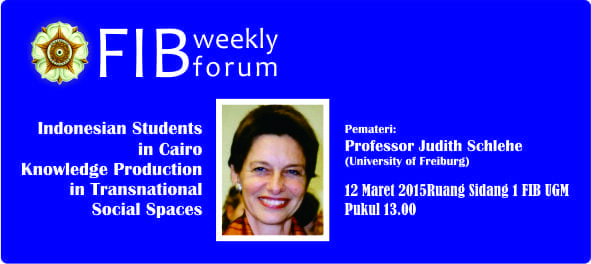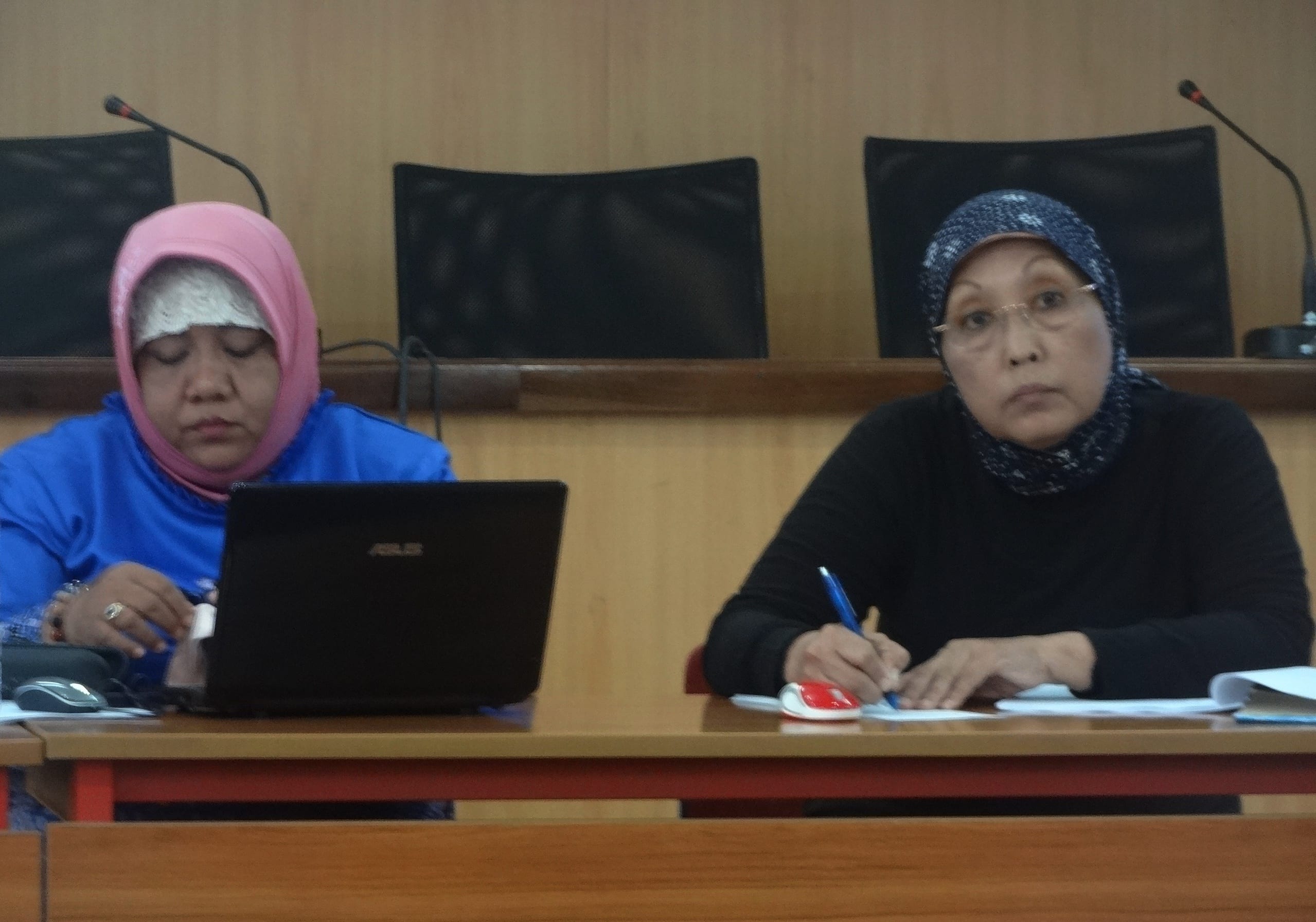Ceramah Umum oleh Dr. Mark Stoneking, ahli genetika ternama di dunia, dari Max Planck Institute, Jerman dengan judul :
“Insights into Human Evolution from Archaic Genomes”.
(Evolusi Manusia dari Pandangan Genome Purba)
Diselenggarakan
Hari/Tanggal: Kamis, 19 Maret 2015
Waktu: pukul 10.30 – 12.30 WIB
Tempat: Auditorium Fakultas Ilmu Budaya, Universitas Gadjah Mada Gd. Poerbatjaraka Lt. 3



